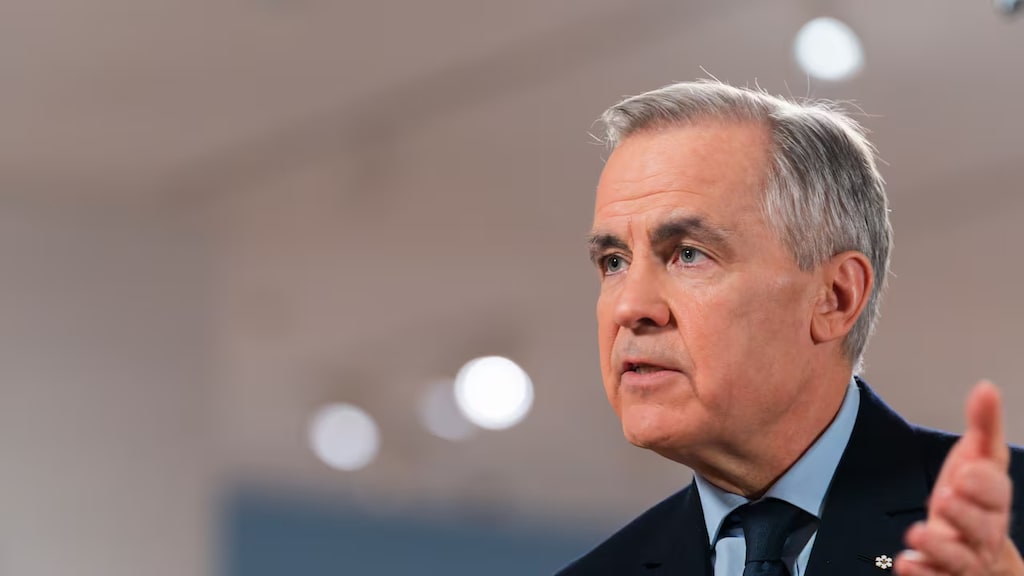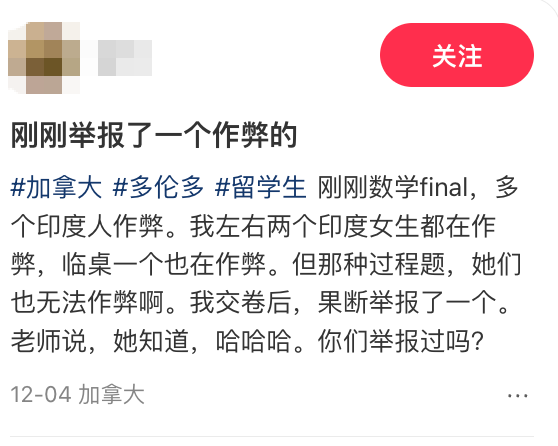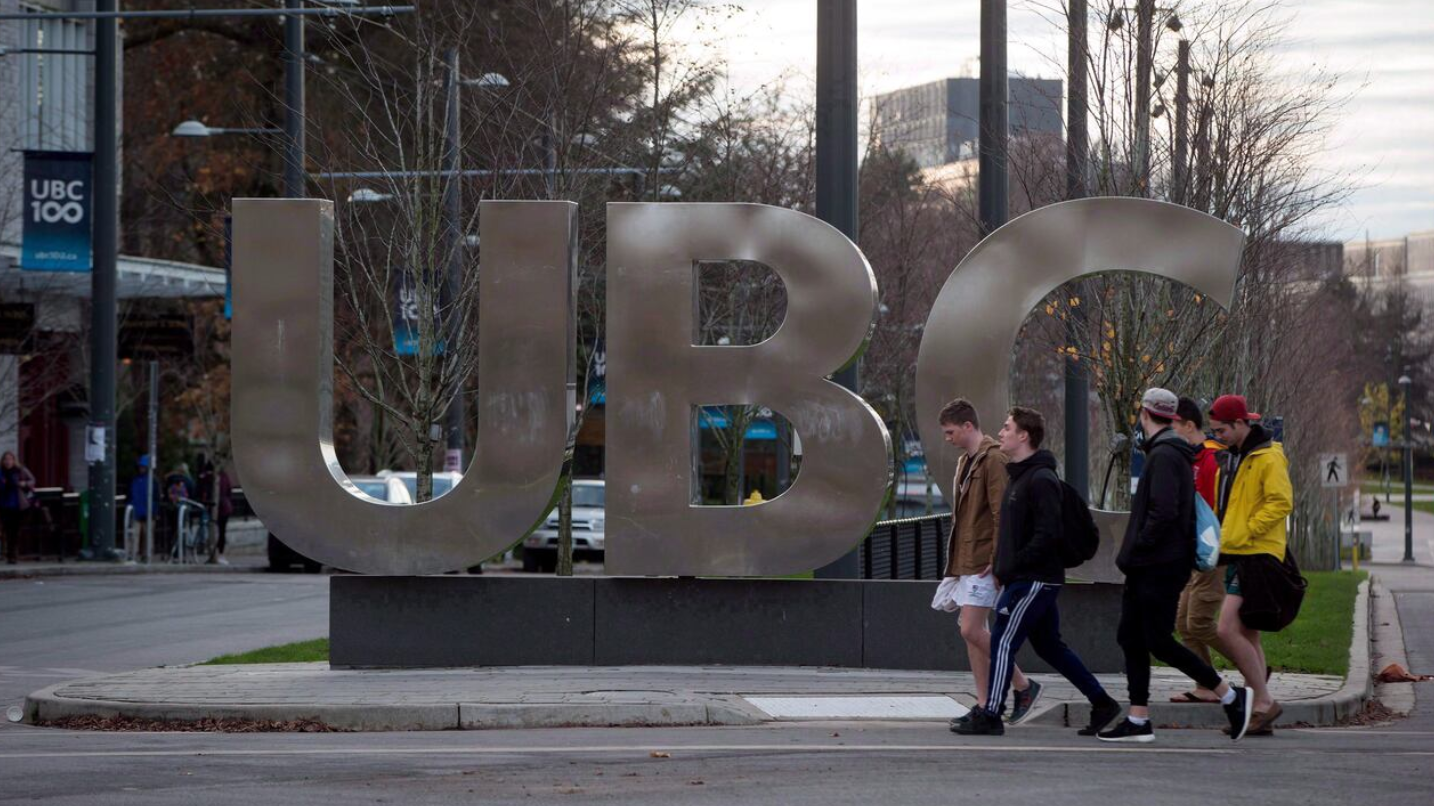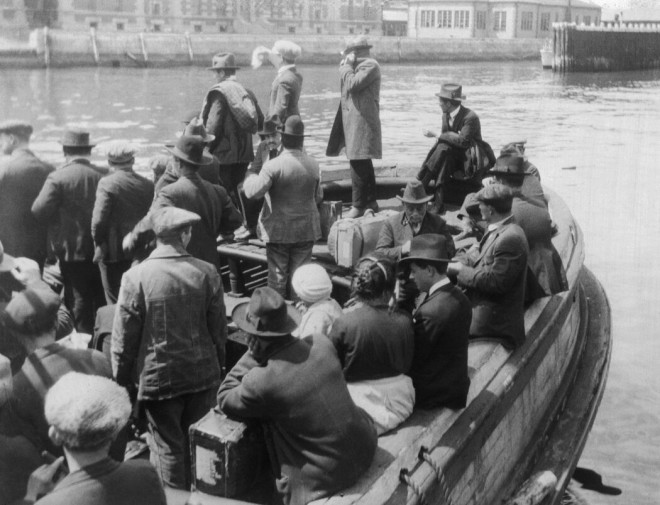
皮埃尔·波利耶夫(Pierre Poilievre)近期猛烈抨击马克·卡尼(Mark Carney),试图摧毁这位前加拿大央行和英格兰银行行长的声誉。他指责卡尼是一个“政治投机者”,试图利用其个人影响力谋取私利。这是一个具有过分煽动性的指控——既缺乏证据,也毫无可信度。
Pierre Poilievre has launched a fierce campaign to dismantle Mark Carney’s reputation, accusing the former Bank of Canada and Bank of England governor of being a “political grifter” who used his influence for personal gain. It’s a bold and incendiary charge — one that lacks both evidence and credibility.
可以说,卡尼事业改弦易辙,踏上公共服务之路,完全不是出于私利。2003年,他放弃了在高盛(Goldman Sachs)七位数年薪的高薪职位,加入加拿大央行。几年后,他又在联邦政府中担任多项要职,而这一举措完全不是为了谋取个人私利,而是在国家面临重大经济风险紧要关头,挺身而出、服务于大众。
Let’s be clear: Carney’s path into public service is the opposite of self-interest. In 2003, he left a seven-figure salary at Goldman Sachs to work at the Bank of Canada. A few years later, he took on high-stakes roles in the federal government — not to enrich himself, but to serve the country in times of economic risk and uncertainty.
卡尼的履历充分展现了他的才干和致力于对公共治理的决心。2004年,作为财政部的高级官员,他负责监督联邦政府出售其所持全部加拿大国家石油公司(Petro-Canada)股份的交易。面对传统的“包销协议”(bought deal),即由投资银行以每股约59至60加元的折扣价购入股票,再转售获利,但卡尼提出采用一种更透明、竞争性更强的“营销发行”(marketed offering)售股策略。根据这一策略,加拿大国家石油公司之股票被直接向市场推广,并根据投资者需求设定出售价格。这一做法虽风险更高,但给予政府更大掌控权。结果,该股票以每股$64.50加元售出,使加国政府获得比传统包销方式每股多出$5加元的收入,为加拿大纳税人带来了数以亿计的额外回报。由此可见卡尼不是一名政治投机者,而是一名把国家利益放在首位的政府官员。
Carney’s track record reveals both his talent and his commitment to public governance. As a deputy finance official in 2004, he was tasked with overseeing the federal government’s sale of its remaining shares in Petro-Canada. Instead of choosing a “bought deal” — where investment banks purchase shares at a discounted price (around $59–$60 per share) and resell them for a profit — Carney pushed for a more transparent and competitive “marketed offering.” Under this approach, the shares were promoted directly to investors, and the final price was set based on demand. The strategy carried more risk but gave the government more control. It paid off: the shares sold for $64.50 each, netting the government about $5 more per share than it would have in a bought deal, and delivering hundreds of millions in additional revenue to Canadian taxpayers. That’s not the move of a political opportunist — that’s a public servant putting the country first.
然而就在本周,前总理斯蒂芬·哈珀(Stephen Harper)与波利耶夫(Poilievre)在埃德蒙顿同台现身,对卡尼在经济领域的成就提出质疑。哈珀称:“卡尼和波利耶夫都曾为我的下属”,但表示支持后者当选总理。他还强调,“在2008至2009年全球金融危机期间,作出关键决策的是已故财政部长弗莱厄蒂(Jim Flaherty)”。这句听起来干练有力的言辞,却未必反应真实历史。事实上,在那场动荡的全球金融风暴中,哈珀政府在重大经济决策上高度依赖卡尼的专业判断。据多方回忆,哈珀甚至曾试图邀请卡尼出任财政部长——若他真如所言,认为卡尼的资历只是绣花枕头,那此举无疑自相矛盾。
And yet, in Edmonton this week, former prime minister Stephen Harper appeared alongside Poilievre to cast doubt on Carney’s economic legacy. “I was the boss of both Carney and Poilievre,” Harper said, offering his full endorsement to the latter. He further emphasized that “the hard calls during the 2008-2009 global financial crisis were made by Jim Flaherty”, the late finance minister. It was a tidy soundbite, but it glossed over history. Harper’s government relied heavily on Carney’s financial expertise during one of the most precarious periods in recent memory. Some even recall that Harper attempted to recruit Carney as finance minister — a curious move if he truly believed Carney’s credentials were only decorative.
在2007至2008年金融危机期间,卡尼发挥了尤为关键的领导作用。当时,加拿大结构复杂的金融产品——资产抵押商业票据(ABCP)市场面临高达350亿加元的崩盘风险。长达16个月的谈判陷入僵局,卡尼最终出面打破僵持。他成功说服时任财政部长吉姆·弗莱厄蒂(Jim Flaherty)提供有限的政府担保,这一关键举措促成协议达成,而且没有让纳税人付出一分钱。卡尼还亲自致电包括德意志银行首席执行官在内的多位国际金融高层,争取他们的支持。正是由于他的努力,数以千计的加拿大投资者才得以在几个月后陆续收回自己的资金。
His leadership became especially critical during the 2007–08 financial crisis. One of the most pressing dangers was the $35-billion collapse of Canada’s market for asset-backed commercial paper (ABCP), a highly complex financial product. After 16 months of stalled negotiations, Carney stepped in to break the deadlock. He persuaded then-Finance Minister Jim Flaherty to provide a limited government guarantee — a key move that helped seal the deal without costing taxpayers a cent. He also personally reached out to global banking leaders, including Deutsche Bank’s CEO, to bring them on board. Thanks to that effort, thousands of Canadian investors began receiving their money back months later.
无疑,缺乏可与卡尼相提并论的经济管理背景和经验的波利耶夫却在不断攻击自己的强有力的竞争对手。但他的指控和说辞却缺乏事实根据。卡尼并未利用政治权力为自己谋利,相反,他放弃了可观的个人财富,选择投身公共事业,服务于大众。他不仅担任过多个举足轻重的职务,更在全球经济动荡的危急时刻表现出色。他也没有“牺牲工人和老年人利益”,而是努力保护了他们的储蓄与资产安全。
Poilievre, lacking comparable experience, has chosen to tear down what he cannot match. But the facts don’t support his narrative. Carney didn’t profit from political power — he sacrificed personal wealth to serve the public. He didn’t just hold prestigious positions — he delivered results under intense global pressure. And he didn’t exploit workers and seniors — he helped protect their savings.
抹黑卡尼或许能让某一政治群体民情激愤,但却无法抹去他过往的政绩。在当前加拿大亟需强有力领导的时刻,人身攻击无济于事。卡尼与波利耶夫之间的选择,不仅关乎资历,更关乎信心、判断力,以及在加国最危机的时候,谁能真正挺身而出。
Smearing Carney may fire up a political base, but it won’t erase his track record. At a time when Canadians are looking for serious economic leadership, character attacks won’t cut it. The choice between Carney and Poilievre isn’t just about credentials. It’s about trust, judgment, and who has shown up when Canada needed them most.











































